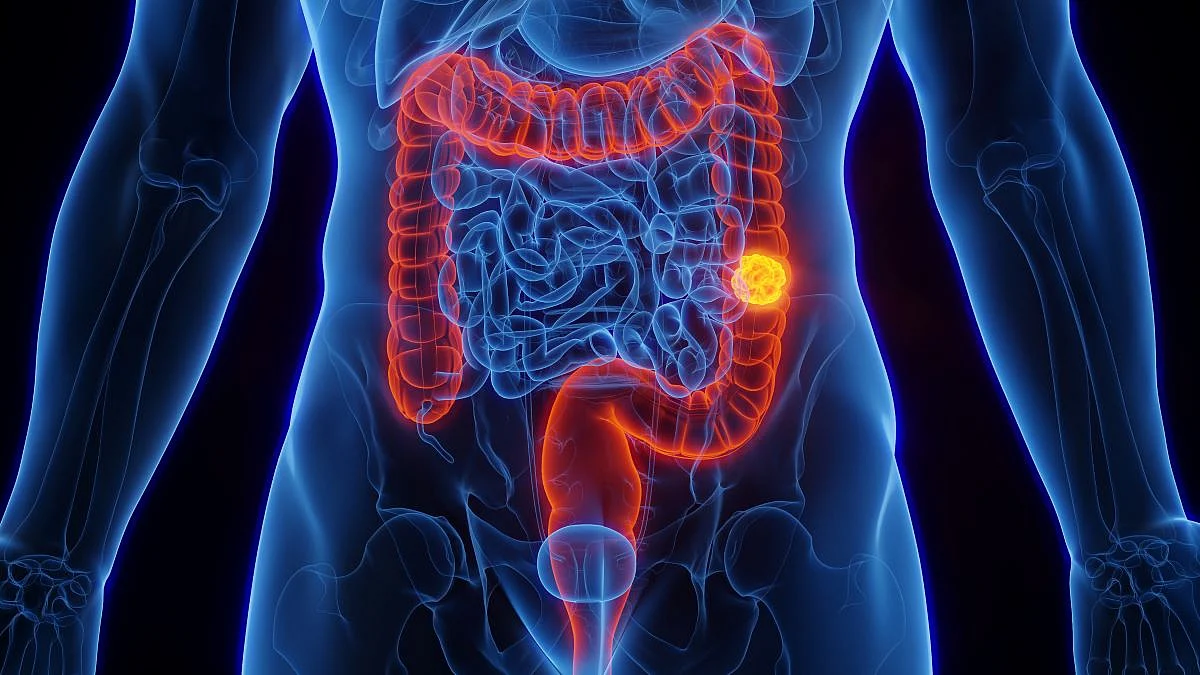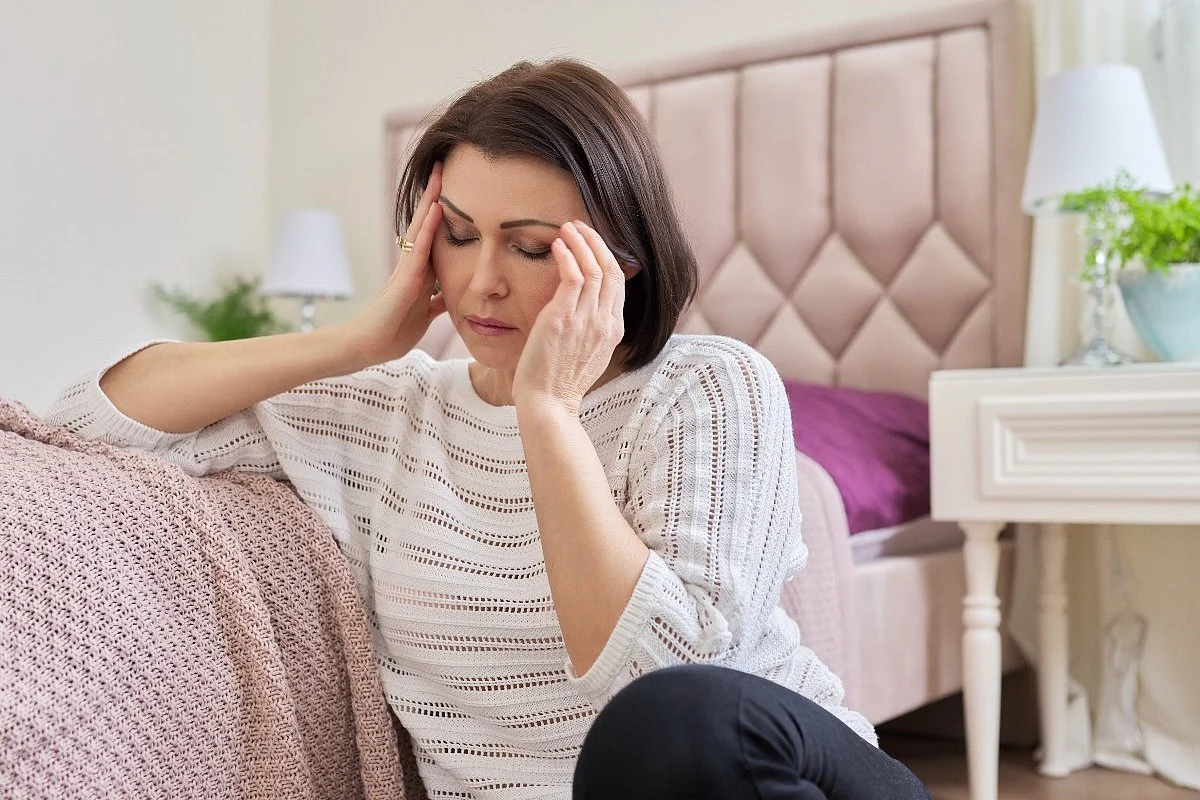
GI cancers among people 50 and younger are rising at an alarming rate, increasing in the U.S. faster than any other type of early onset cancer, according to a pair of new studies. Cancers of the colon, stomach and esophagus have all increased in recent years, threatening the health of younger Americans, researchers say. Between… read on > read on >


















